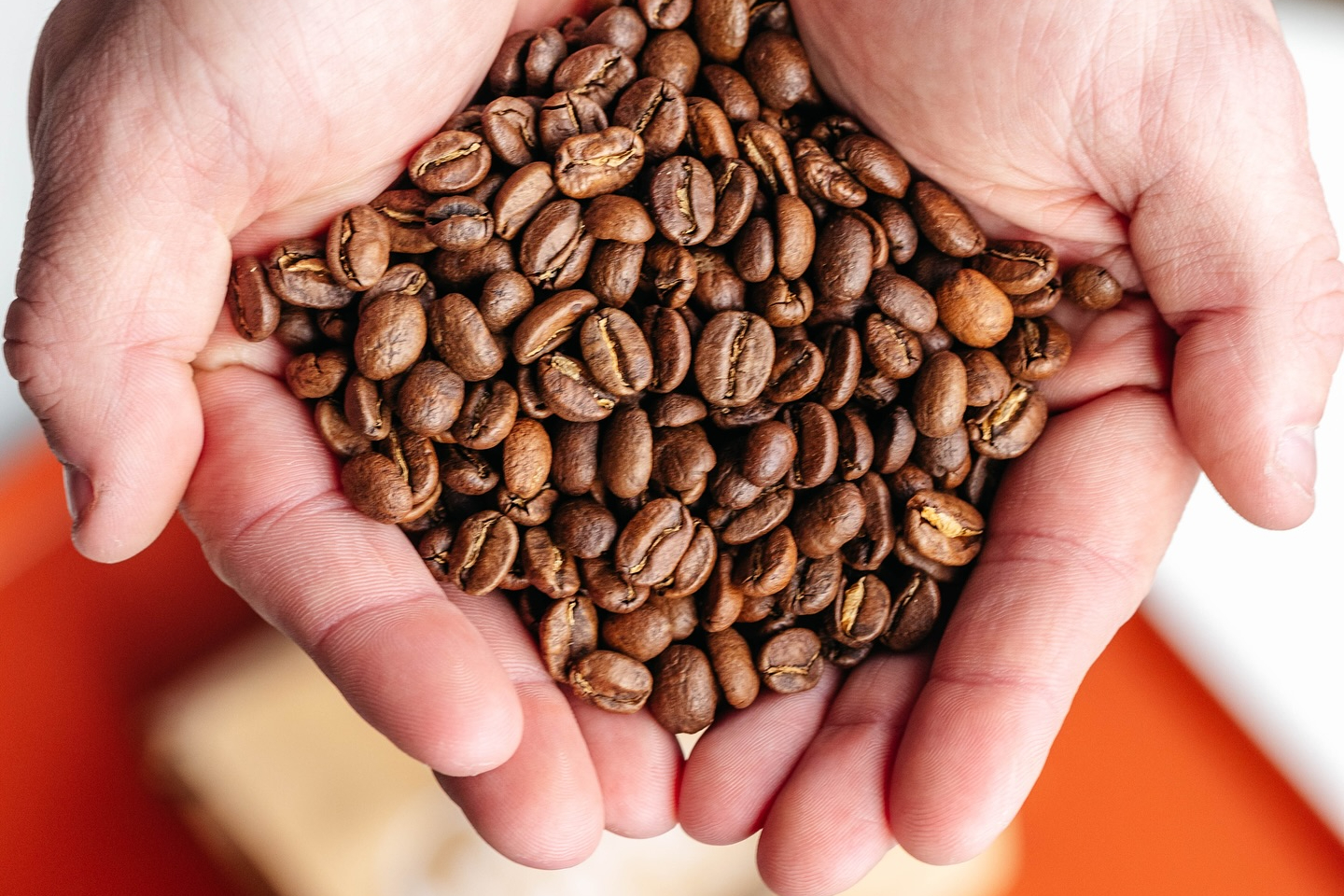
For most of us, coffee beans are every bit as much a necessary kitchen staple as eggs or milk. After all, these are the magic beans that give us the energy to get out the door in the morning, to put on our big kid pants and go to work, to do the things we might not want to otherwise do. But when it comes to storing this precious ingredient, it’s not quite as simple as shoving a bag in a cupboard, even if this is what many of us have done in the past.
Coffee beans are a fragile, temperamental ingredient, however life-giving and wonderful they may be. So it’s important to treat them with the care and love they deserve and learn the right way to treat them after their stay in the grocery store. This is how to store coffee beans the right way.
Store them properly

The greatest enemies of fresh, delicious coffee beans are heat, moisture, oxygen, and light. When storing your coffee beans, consider each of these and how you can best combat them.
As charming as some countertop coffee bean storage containers can be (we’re looking at you, mason jars), they aren’t a great option for optimum freshness. Even though mason jars seal nicely, clear containers allow light inside, which will compromise the flavor of your beans. To keep your coffee beans fresh, it’s best to store them in an air-tight container at room temperature in a cool, dark place like the back of the pantry. It’s also important to avoid placing them near the stove or other particularly hot spots in the kitchen as they will be compromised by the heat and temperature fluctuation as well.
Avoid buying in bulk

Sorry, Costco. It’s nothing personal.
After the roasting process, coffee beans begin to lose freshness almost immediately. Exposure to air and other elements in your kitchen will get that clock ticking even faster. If it takes you weeks or even months to go through that bulk bag of beans, you can bet that those last few cups aren’t going to taste as nice.
While the savings of buying in bulk are tempting, try to buy smaller bags of coffee beans more frequently – ideally about a week at a time.
Don’t freeze them (sorry!)

There’s a lot of debate around this one. After all, the freezer is our best friend in many cases. Sadly, though, freezing does come with limitations. While many of us have our freezers stocked with several months’ worth of culinary staples, coffee beans shouldn’t be one of them.
As we’ve already established, freshness is one of the most important elements when it comes to good coffee, and while freezing coffee beans will extend their shelf life considerably, it isn’t the best move to make where taste is concerned. Coffee beans are hygroscopic, which means that they absorb moisture, odors, and flavors from the air around them. These elements will deteriorate the flavor and quality of your beans tremendously.
If you must freeze your coffee, it’s best to keep it in its original packaging to avoid these elements as much as possible. If freezing an already opened package, scoop the beans as quickly as possible and return to the freezer before they can drop in temperature. The constant flux in temperature will cause the beans to drop in quality much more quickly.



